Camden and Islington Councils, embarked on a pioneering initiative to upgrade the heating system at the jointly-owned Hornsey Street Refuse & Recycling Centre, as part of a sustainability project. Teaming up with us at Shadow Industrial (SI), a prominent infrared heating specialist, and Principal Contractor, Vital Energi, the councils aimed to revolutionise the facility's heating infrastructure while aligning with their ambitious Climate Action Plans.
The existing heating system, spanning 300m2 and reliant on AmbiRad fan heaters, posed significant challenges in terms of efficiency, cost-effectiveness, and environmental impact. Camden and Islington Councils sought a solution that would not only reduce energy consumption but also advance their objectives for achieving Net Zero operational emissions by 2030.
Shadow Industrial's cutting-edge infrared heaters emerged as the ideal solution, recommended by Vital Energi for their exceptional performance and sustainability benefits. In contrast to traditional heating methods, SI's zero-emission heaters utilise shortwave infrared technology to deliver targeted warmth directly to individuals, minimising heat loss and maximising efficiency.
We provided a carefully designed heating specification with multiple heating zones using two types of heaters from our Industrial Heater range. These zones consider how the space is operated and how to maximise heating efficiency based on where workers are using the space.
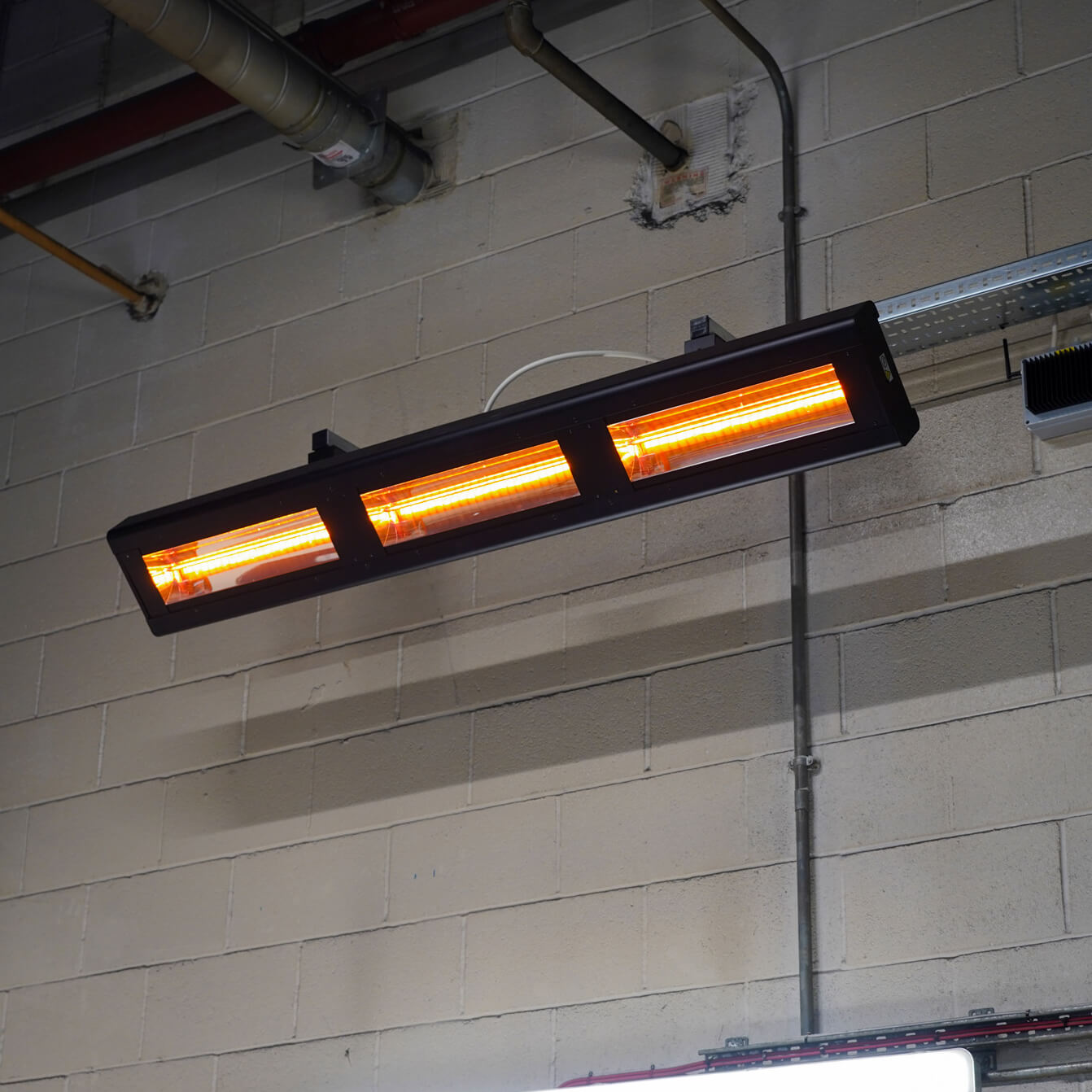
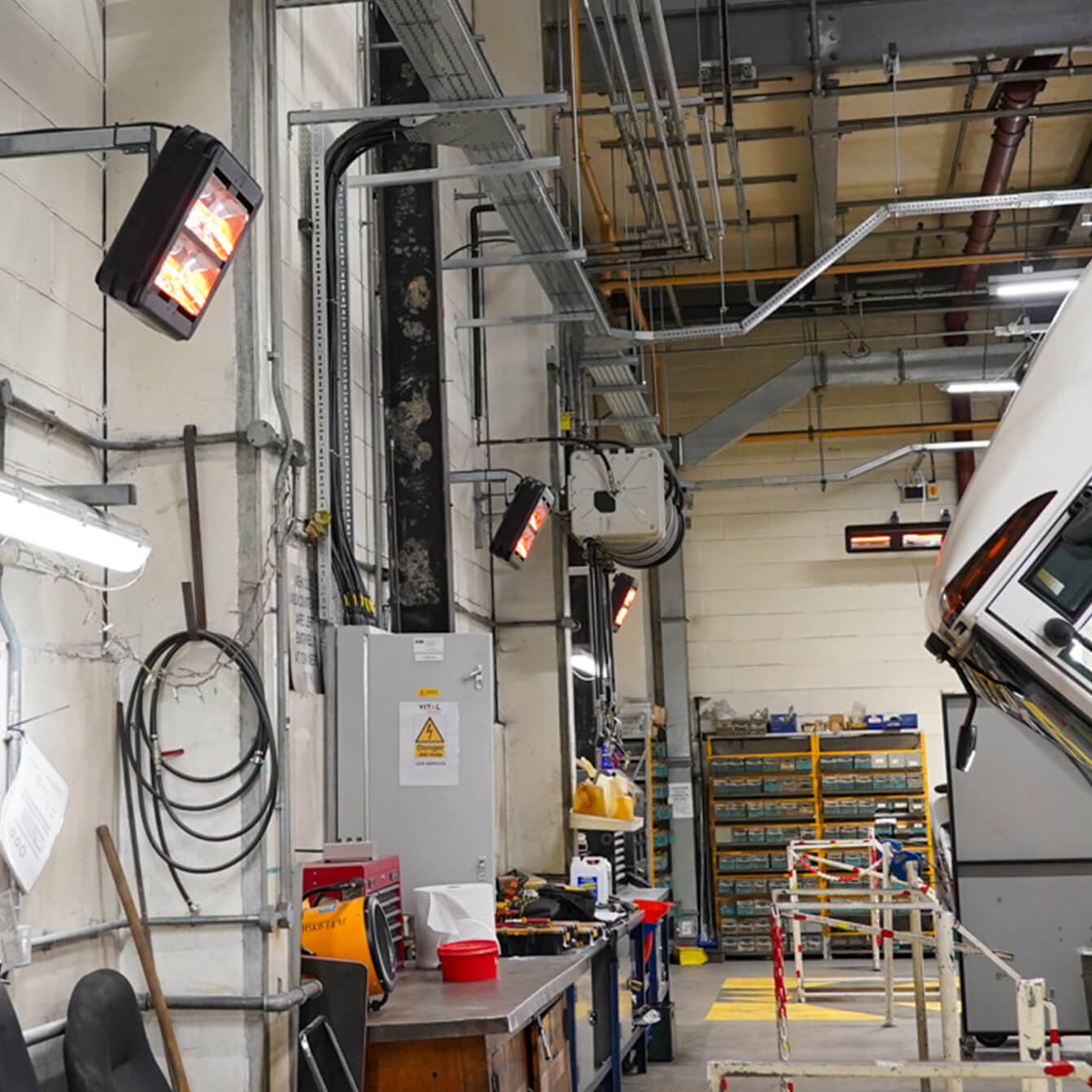
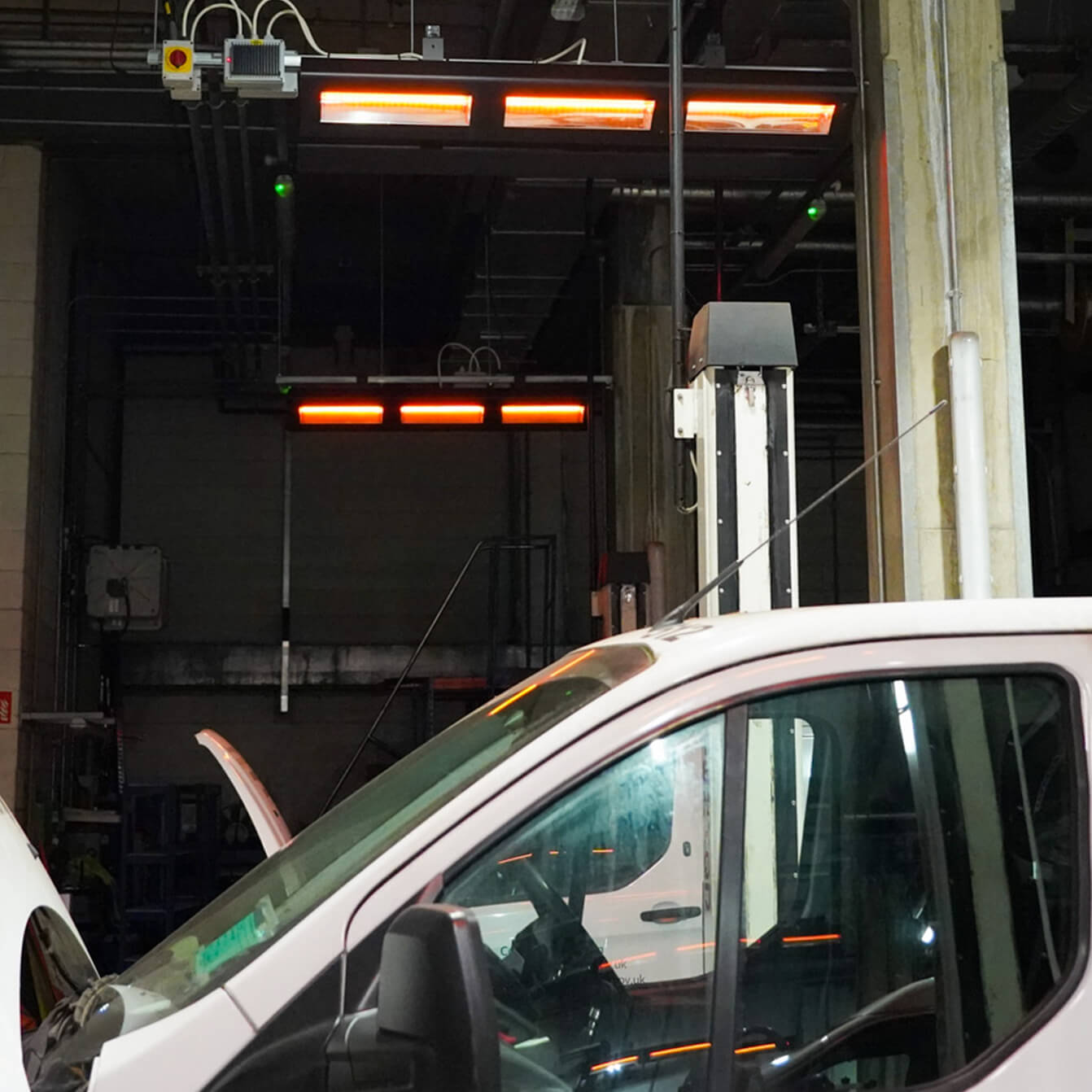
The installation process, overseen by Vital Energi, was streamlined and efficient, with SI's plug-and-play heaters proving easy to install and operate. With minimal disruption to daily operations, the new heating system was up and running within six weeks, enhancing comfort and productivity across the facility.
- Graham Hughes, Islington Council
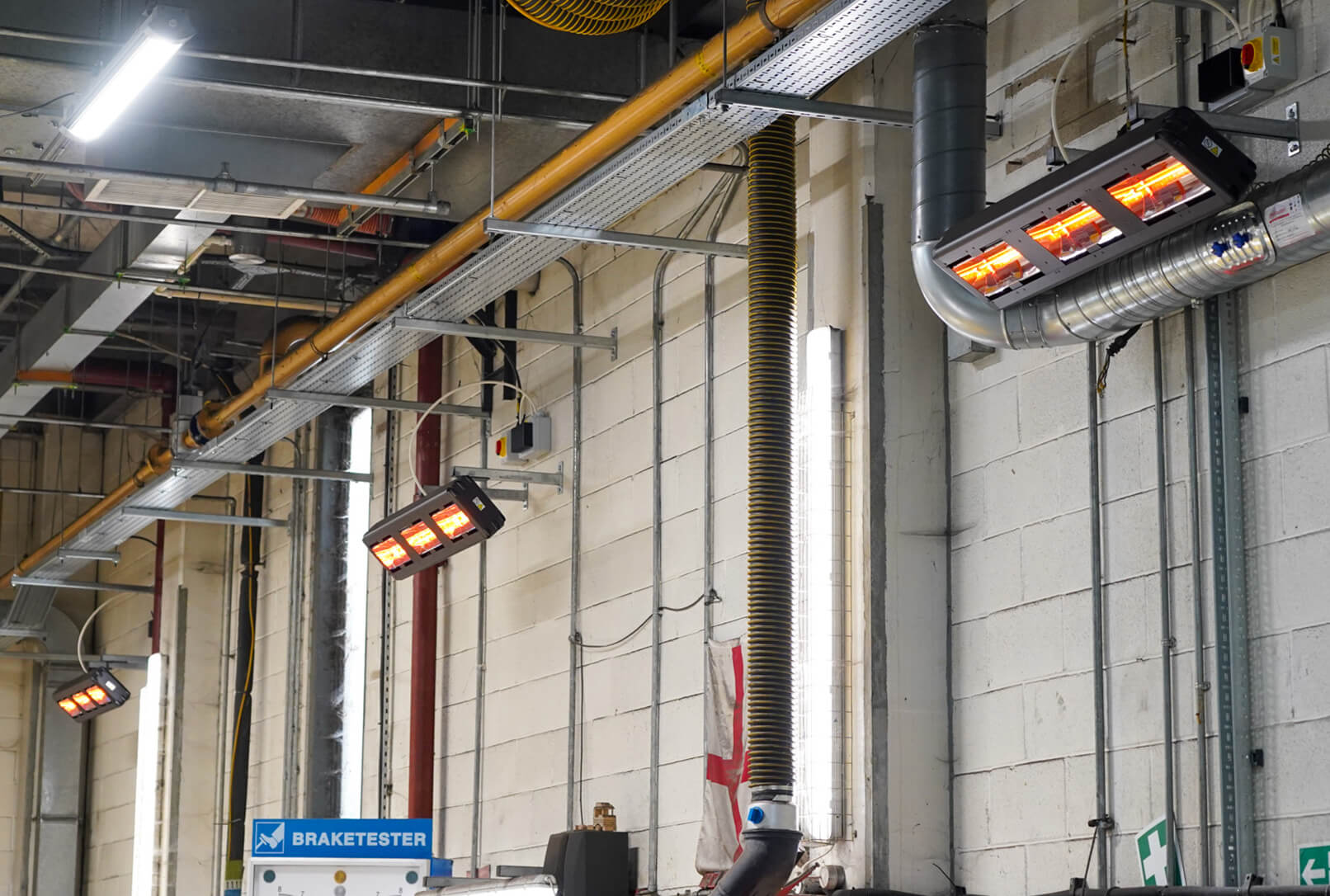
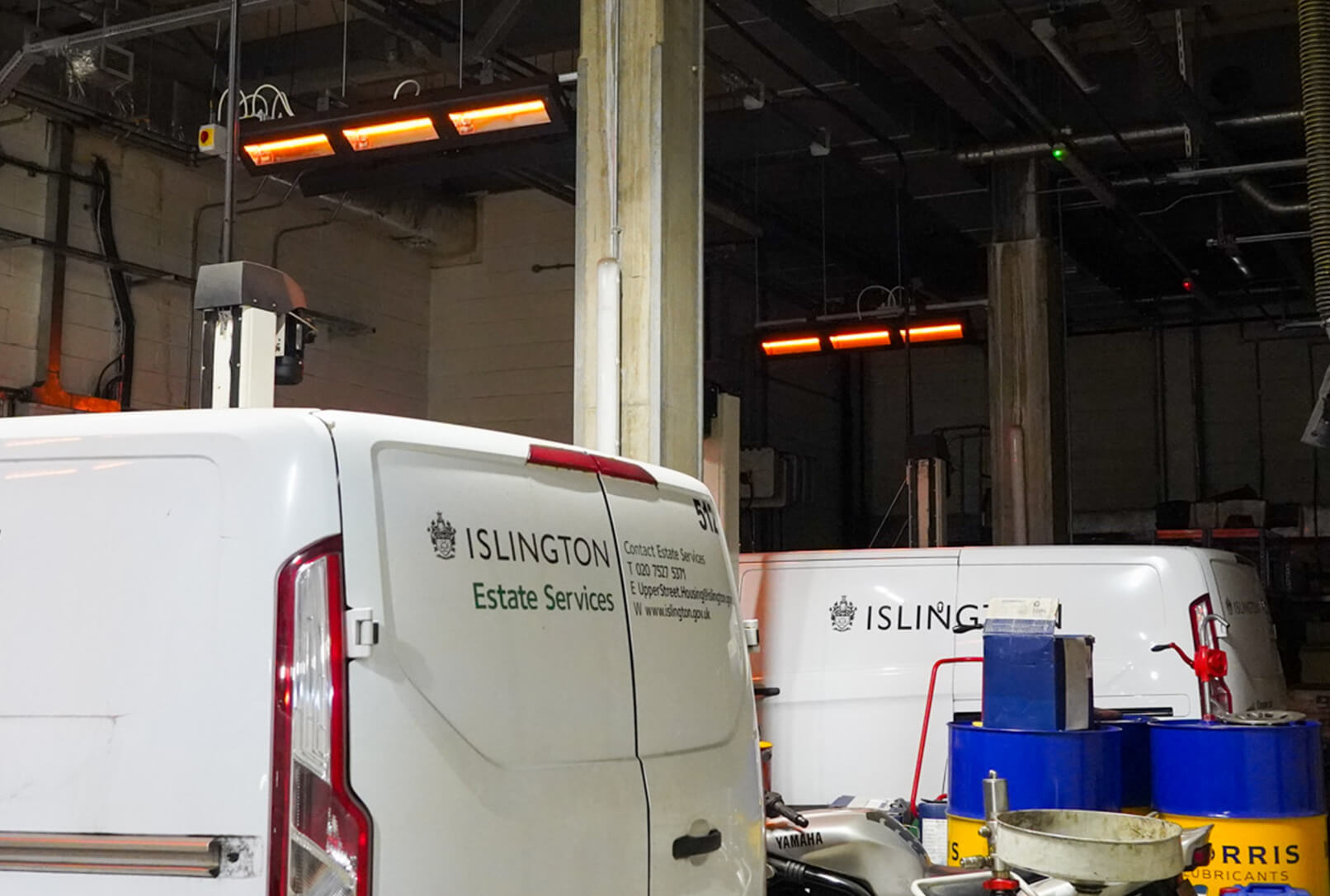
- Ben Pasifull, Vital Energi
The successful implementation of Shadow Industrial's infrared heating systems at the Hornsey Street Reuse & Recycling Centre marks a significant milestone in sustainable heating technology. By embracing innovative solutions, Camden and Islington Councils have not only reduced their carbon footprint but also set a precedent for future industrial heating projects.
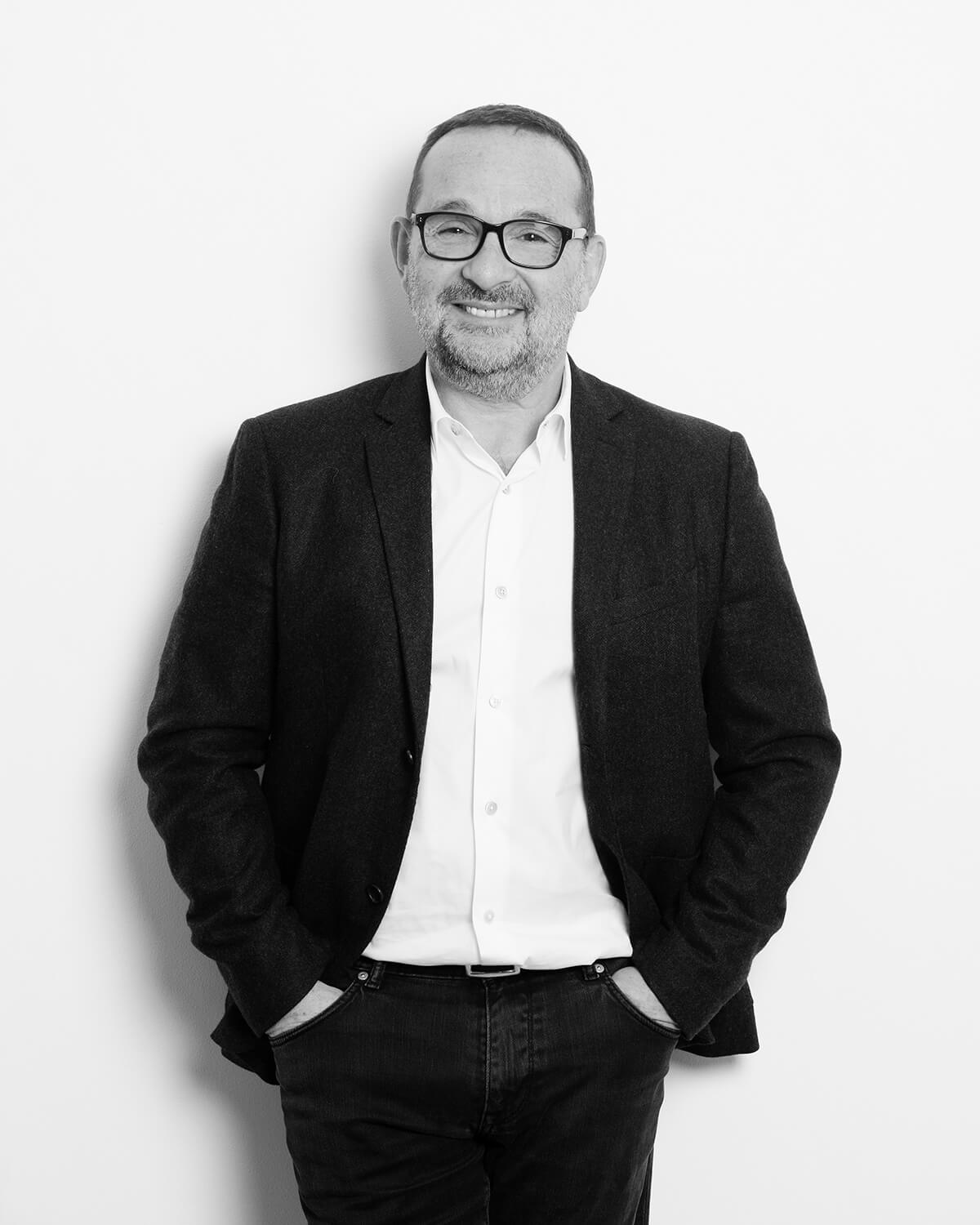
Under the agreement, Shadow Industrial (SI) will be providing zero-emission, high-performance shortwave infrared heaters. These heaters are designed to deliver instant, targeted warmth with high energy efficiency and low operational costs. Shadow Industrial's role includes surveying, specifying, and supplying the products, which are then fitted by the customers' own electricians. We also provide warranty and ongoing support for their systems.
Shadow Industrial Infrared Heating Systems was established in 2022 to meet the increasing demand for eco-friendly industrial heating solutions. Leveraging over 20 years of experience in the infrared heating sector, we scaled up our technology, which was originally developed for smaller commercial and domestic heaters. This experience comes from our sister company, Heat Outdoors, which has long been an established market leader in the industry.
Our systems are modular and completely scalable, which suit projects of any size and scale without limitation, provided there is a sufficient electricity supply. These systems have demonstrated up to 90% energy savings when converting from gas to electric heating.
The main requirements for the Hornsey Street Refuse & Recycling Centre project included:
The new infrared heating system needed to be wall-mounted or ceiling-hung and directed downwards at individuals to provide efficient heating.
To effectively replace the old heating systems with Shadow Industrial infrared technology, we had to consider the building layout, floor plans, ceiling heights, and optimal heater mounting positions. However, the primary focus was on the staff movements and working patterns, given the infrared heaters are designed to heat people directly, rather than the surrounding space. This meant there was no need to heat unused areas like the vehicle repair stations or storage spaces.
The system can be zoned, allowing individual areas to be heated only when occupied, which significantly reduces energy consumption. Structurally, no major changes were required, so no need for new pipework, gantries, or walls. The design was tailored entirely around the customer's needs, ensuring minimal disruption and maximum efficiency.
This configuration is perfectly suited for large-span, high-ceilinged structures with constant drafts, such as the Hornsey Street Refuse & Recycling Centre. It also means the heaters can be quickly installed, helping minimise disruption to day-to-day operations.
The specifics of grant funding or lower carbon incentives were managed internally, by Vital Energi, on behalf of the councils.
From our understanding, the project with Hornsey Street Refuse & Recycling Centre is the first collaboration with local authorities for industrial settings. Although the use of Shadow Industrial infrared heating technology in such environments is still in its early stages, we are currently in discussions with several government bodies and local authorities.
We believe our systems are most effective when used in large industrial facilities, warehouses, workshops, and other public sector buildings where traditional fossil fuel heating is inefficient. The technology is particularly suited for spaces with high ceilings and frequent drafts, offering targeted and efficient heating solutions.
Most companies today want to reduce or eliminate their net contribution to greenhouse gasses - but it can be hard to know where to begin.
What will have the most impact? One focus area for many organisations is their energy use and heating.
Gas-based systems are falling out of favour as they generate significant carbon emissions. Instead, many are turning to electric infrared heating as this offers the potential for zero emissions at the point of use if renewable energy is used to power them.
Infrared is a popular choice as it offers very high-efficiency ratings - up to 98% of energy is converted into heat. Additionally, heat isn't wasted as it can be focused on the areas that need it the most.